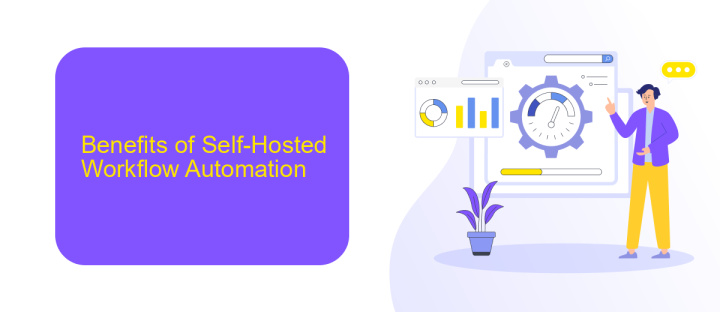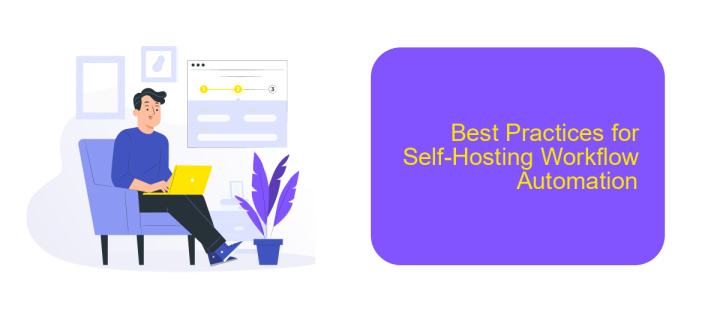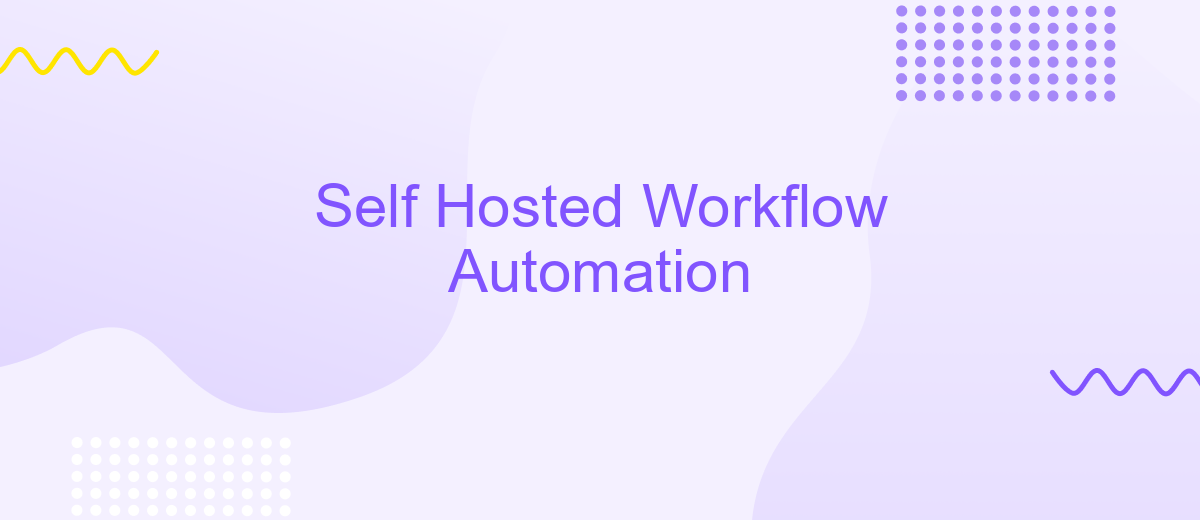Self Hosted Workflow Automation
In an era where efficiency and control are paramount, self-hosted workflow automation has emerged as a game-changer for businesses. By leveraging self-hosted solutions, organizations can customize and streamline their processes, ensuring enhanced security and flexibility. This article explores the benefits, challenges, and best practices of implementing self-hosted workflow automation to optimize your operations and achieve seamless productivity.
Introduction
Self-hosted workflow automation has become a pivotal solution for businesses seeking more control over their processes. By hosting automation tools on their own servers, companies can ensure better data security, customization, and scalability. This approach allows organizations to streamline operations while maintaining full ownership of their data.
- Enhanced data security and privacy
- Greater customization options
- Improved scalability and flexibility
One of the key aspects of self-hosted workflow automation is the integration of various services and applications. Tools like ApiX-Drive facilitate seamless integration, allowing businesses to connect multiple systems without extensive coding. By leveraging such services, organizations can automate tasks, reduce manual work, and improve overall efficiency. Embracing self-hosted solutions empowers businesses to tailor their workflows to meet specific needs, driving productivity and innovation.
Benefits of Self-Hosted Workflow Automation

Self-hosted workflow automation offers unparalleled control and customization, allowing businesses to tailor solutions to their specific needs. By hosting the automation tools on their own servers, companies can ensure data privacy and compliance with industry regulations. This level of control also enables more efficient troubleshooting and quicker implementation of updates, reducing downtime and improving overall productivity.
Another significant benefit is the cost-effectiveness in the long run. While initial setup might require a substantial investment, the absence of recurring subscription fees for third-party services can result in considerable savings. Additionally, with services like ApiX-Drive, businesses can seamlessly integrate various applications and automate workflows without relying on external providers. This enhances operational efficiency and allows for a more streamlined and cohesive approach to workflow management.
Challenges of Self-Hosting Workflow Automation

Self-hosting workflow automation can offer greater control and customization, but it also comes with its own set of challenges. These challenges can impact the efficiency and reliability of your automation processes.
- Complex Setup: Setting up a self-hosted environment requires significant technical expertise. Configuring servers, databases, and network settings can be time-consuming and prone to errors.
- Maintenance: Regular maintenance is crucial for ensuring the system remains secure and efficient. This includes applying updates, patches, and troubleshooting issues, which can be resource-intensive.
- Scalability: Scaling a self-hosted solution can be complex and costly. As your automation needs grow, you may need to invest in additional hardware and resources.
- Integration Challenges: Integrating various tools and services can be difficult. Using services like ApiX-Drive can simplify this process, but it still requires careful configuration and management.
- Security Risks: Self-hosting exposes your system to potential security vulnerabilities. Ensuring robust security measures are in place is essential to protect sensitive data.
Despite these challenges, self-hosting can be a viable option for organizations that require high levels of customization and control. By understanding and addressing these challenges, you can create a reliable and efficient workflow automation system.
Best Practices for Self-Hosting Workflow Automation

Successfully self-hosting workflow automation requires careful planning and execution. Start by selecting a robust and scalable platform that fits your organizational needs. Ensure that your server environment meets all technical requirements and is secure from potential vulnerabilities.
Next, prioritize the integration of various tools and services to streamline your workflows. Utilizing a service like ApiX-Drive can simplify this process by allowing seamless integration between multiple applications. This will enable you to automate tasks efficiently and reduce manual intervention.
- Regularly update and maintain your automation software to avoid security risks.
- Monitor performance and adjust configurations to optimize resource usage.
- Implement comprehensive logging and alerting systems for quick issue resolution.
- Ensure data backups are performed consistently to prevent data loss.
Lastly, invest in training your team to effectively manage and troubleshoot the self-hosted environment. By following these best practices, you can achieve a reliable and efficient workflow automation system that enhances productivity and reduces operational costs.
Conclusion
Implementing a self-hosted workflow automation solution can dramatically enhance the efficiency and flexibility of your operations. By taking control of your automation infrastructure, you gain the ability to tailor workflows to your specific needs, ensuring that they align perfectly with your business processes. This not only reduces dependency on third-party services but also provides better data security and privacy.
Moreover, integrating tools like ApiX-Drive can further streamline your workflow automation efforts. ApiX-Drive facilitates seamless integration between various applications, allowing you to automate data transfers and trigger actions across different platforms without manual intervention. This capability is invaluable for businesses looking to optimize their operations and reduce manual workload. In conclusion, self-hosted workflow automation, supported by powerful integration services, offers a robust solution for businesses aiming to enhance productivity and maintain control over their automation processes.


FAQ
What is Self Hosted Workflow Automation?
Why would I choose self-hosted over cloud-based automation?
What are the key benefits of using ApiX-Drive for workflow automation?
How can I ensure the security of my self-hosted automation setup?
Can I integrate multiple applications with my self-hosted automation system?
Apix-Drive is a universal tool that will quickly streamline any workflow, freeing you from routine and possible financial losses. Try ApiX-Drive in action and see how useful it is for you personally. In the meantime, when you are setting up connections between systems, think about where you are investing your free time, because now you will have much more of it.

